Professional Courses
Industry-relevant training in Business, Technology, and Design
Categories
Interactive Games
Fun games to boost memory, math, typing, and English skills
Typing
Memory
Math
English Adventures
Knowledge
CBSE Sample Papers for Class 10: Your Best Tool for Revision

Are you wondering how to prepare well for your CBSE Class 10 exams? You are not alone. Many students feel the same pressure. But there is one tool that can make a big difference CBSE sample papers. These papers are one of the most useful resources you can use while revising for your final board exams.
What Are CBSE Sample Papers?
CBSE sample papers are model question papers released by the board every year. They show you the latest exam pattern and give you a clear idea of what kind of questions to expect. The CBSE curriculum often updates its format, and sample papers help you stay in sync with those changes. Each subject has a separate paper that includes all the types of questions you will face in the board exam. These include multiple choice questions, short and long answers, case studies, and assertion reason questions.
You can also find the official answer key or marking scheme with each sample paper. This shows how your answers should be structured to get full marks. Once you finish solving the paper, you can check your answers and learn from your mistakes.
Why Are CBSE Sample Papers So Important?
The CBSE curriculum focuses more and more on application based learning. This means you need to understand the concept and know how to use it, not just memorize facts. Sample papers help you do that. Here’s how they help with scoring high in CBSE:
- You learn how the questions are framed.
- You know how much each question is worth.
- You get used to writing within time limits.
- You learn how to write answers that meet marking scheme guidelines.
- You find out your weak spots before the real exam.
Many students who scored over 95% say sample papers helped them the most in the final months.
When Should You Start Solving Sample Papers?
You don’t have to wait until the last month to start solving CBSE sample papers. In fact, the earlier you begin, the better your preparation will be. A good time to start is right after you finish your syllabus using your NCERT books. Once you’re done learning a subject, pick up a sample paper and try solving it in one go. After that, check the marking scheme and go through your answers.
You can make this a weekly habit. Pick one subject each week and do one full paper under exam conditions. That means no breaks, no help, and within the time limit. After the test, check your answers and revise the parts where you lost marks.
How to Use CBSE Sample Papers the Smart Way
To get the best results from CBSE sample papers, follow a few simple steps:
- Choose one subject to focus on for the day.
- Print or download the latest official sample paper.
- Keep a timer and sit down to solve it just like the real exam.
- Once done, use the marking scheme to check your answers.
- Write down the questions where you made mistakes.
- Go back to your NCERT book or notes and revise those parts.
- Repeat this for each subject every week.
Platforms like AllRounder.ai also provide smart mock tests and quiz banks that follow the same CBSE sample paper pattern. You can try those if you want real time practice with automatic performance reports.
Improve Your Time Management
One of the biggest benefits of using CBSE sample papers is learning how to manage your time. Many students struggle to finish the exam on time. By solving sample papers regularly, you train yourself to write faster and think clearly under pressure. You also learn how to split your time between different sections like MCQs, short answers, and long answers.
Start by noting how much time you take to complete a paper. Over the weeks, try to bring that time down to match the exam duration. AllRounder.ai has built in timers in their mock tests so you can practise this easily online.
Focus on the Question Types
The CBSE curriculum has changed in recent years. Now, 50% of the exam focuses on competency based questions. That includes case studies, MCQs, and assertion reason type questions. These require a deeper understanding of concepts. They also test how well you can think and apply what you’ve learned.
Sample papers help you get used to these question types. By practising them, you’ll understand how to approach them and avoid mistakes. On AllRounder.ai, you’ll find plenty of daily quizzes and revision tools built around the same question style.
Strengthen Your Weak Areas
Sample papers are great for discovering where you need more practice. After you solve a paper and check your answers, mark the topics where you lost marks. Go back to your textbook or notes and revise those sections.
This will help you avoid repeating the same mistakes in the real exam. You can also use AllRounder.ai to take topic wise tests and quizzes for targeted revision. They even offer flashcards, concept explanations, and practice problems to improve weak spots.
Match With NCERT Books
Your NCERT books are still your most important study material. Sample papers are not a replacement. They are an extra tool to help you test what you’ve learned. Make sure to complete your NCERT chapters first. Solve all the exercises and examples. Once that’s done, you’ll find it much easier to do well in sample papers.
Also, remember that most CBSE questions are based directly on NCERT content. So if you’re scoring well in sample papers, that means your basics are strong.
Get Ready for the Real Exam
Sample papers not only help with practice but also with mental preparation. They prepare you for the actual experience of sitting for a three hour exam. By solving them regularly, you’ll feel more confident and less nervous on exam day.
You can even create your own exam routine. Solve one sample paper every weekend. Set up a quiet space, time yourself, and treat it like a real exam. This habit builds your stamina and helps you stay calm and focused.
Use AllRounder.ai for Better Results
If you’re looking for extra support, AllRounder.ai is a great option. It offers mock tests based on the latest CBSE pattern, along with study planners, performance tracking, and instant feedback.
You can check out their CBSE Class 10 courses, explore their subject wise quizzes, and even get topic tests for Science and Math. Their tools are designed to make revision easier and help you get better scores.
Revision Checklist: CBSE Sample Papers for Class 10
Stay on top of your Class 10 board exam preparation with this 6 week revision plan. Use sample papers, mock tests, and subject specific tools from AllRounder.ai to boost your confidence and scores.
Weekly Plan (4–6 Weeks Before Exam)
Week 1–2: Foundation & Core Subjects
- Complete NCERT revision for all subjects
- Solve one full Math sample paper
- Solve one full Science sample paper
- Review answers using the official marking scheme
- Note down weak topics from each paper
- Revise those topics using AllRounder.ai tools
Week 3–4: Language & Social Science
- Solve Social Science sample paper
- Solve English sample paper
- Solve Second Language (Hindi or other) sample paper
- Time each paper (3 hours) and simulate exam environment
- Use AllRounder.ai quizzes and mock tests for reinforcement
- Attempt chapter wise MCQs
Week 5–6: Mock Exam Simulation
- Take one full mock exam per subject (any day of the week)
- Track scores and identify question types you struggle with
- Revise Case based questions, Assertion Reason questions and Map based questions (for Social Science)
- Use flashcards and summary sheets for daily memory refresh
- Get at least 1 mock test reviewed by a teacher or mentor
- Use feedback to improve your strategy
Pro Tip: Stay consistent and track your progress using the AllRounder.ai study planner. It helps you visualize completion, revise weak areas, and schedule weekly targets smartly.
Final Tips for Scoring High
- Start early with sample papers.
- Follow the latest exam pattern.
- Use a weekly schedule to solve one paper per subject.
- Analyse your mistakes and fix weak areas.
- Practise under timed conditions.
- Use online platforms like AllRounder.ai for extra support.
The CBSE sample papers for Class 10 are your best tool for revision. They help you learn the pattern, improve speed, boost confidence, and raise your scores. Make them a regular part of your study plan and you’ll feel more ready and prepared for the final exams.
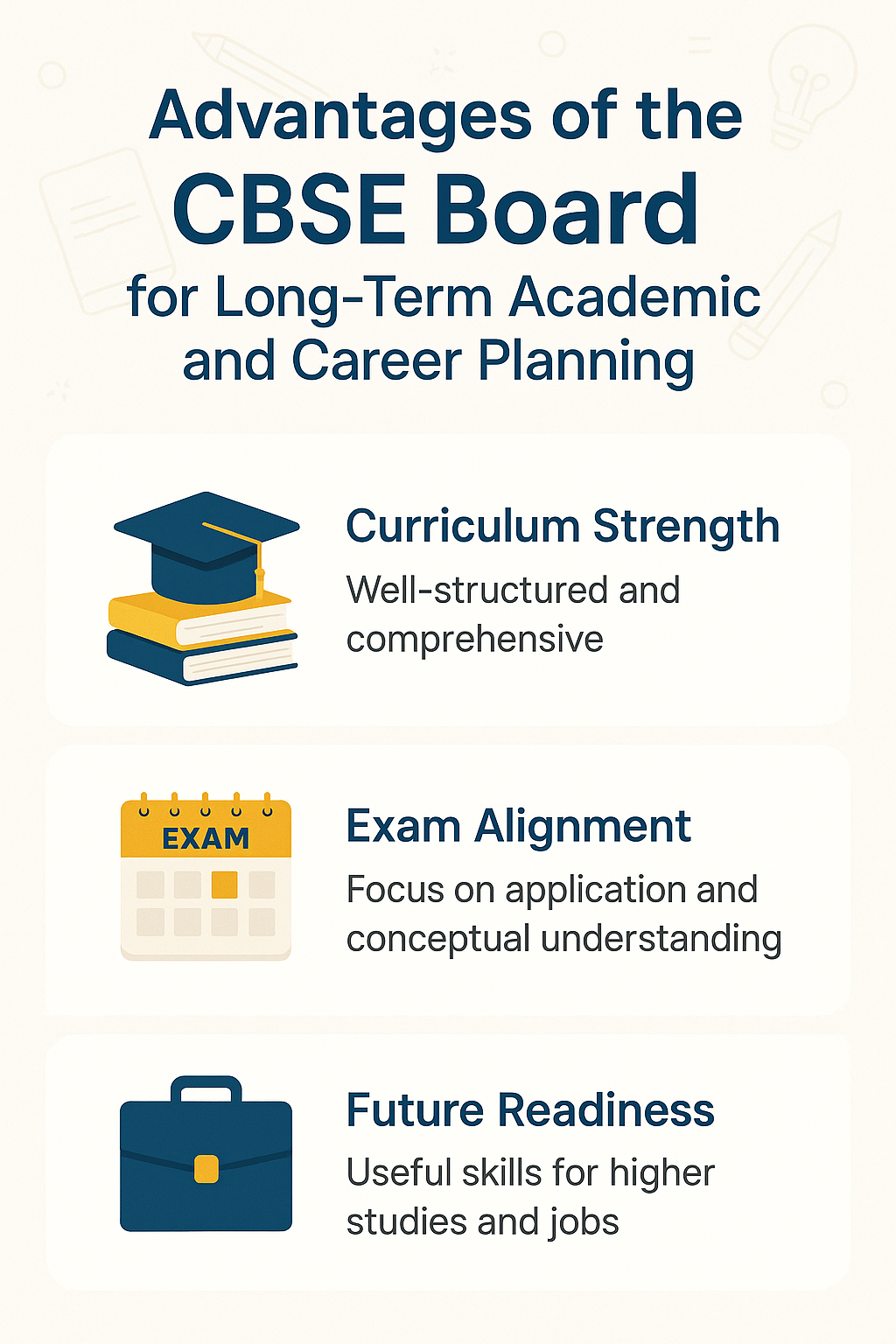
Discover the advantages of the CBSE board for long-term academic and career planning, including curriculum strength,...
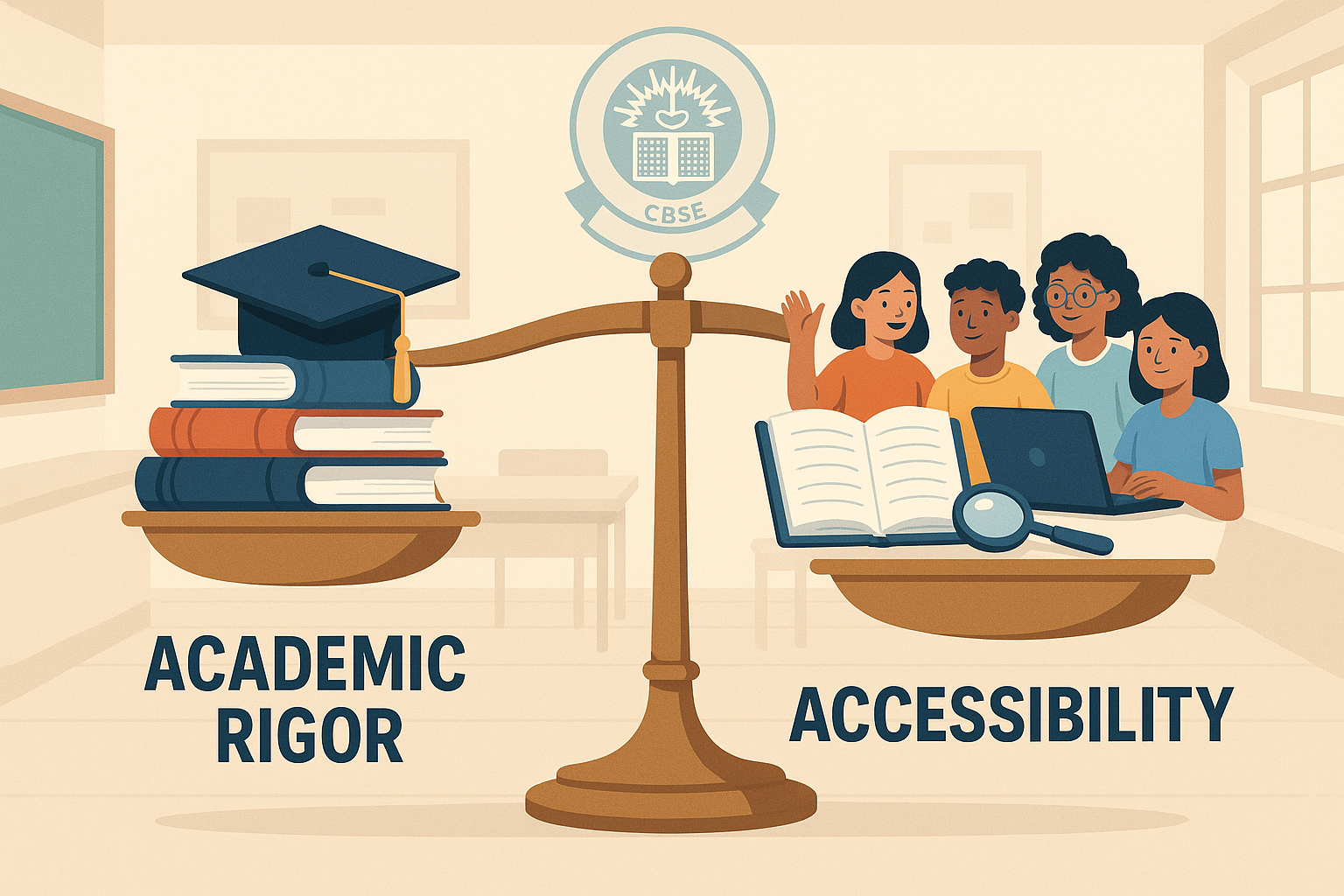
Explore how the CBSE board balances academic rigor and accessibility through its curriculum, syllabus, exams, and...
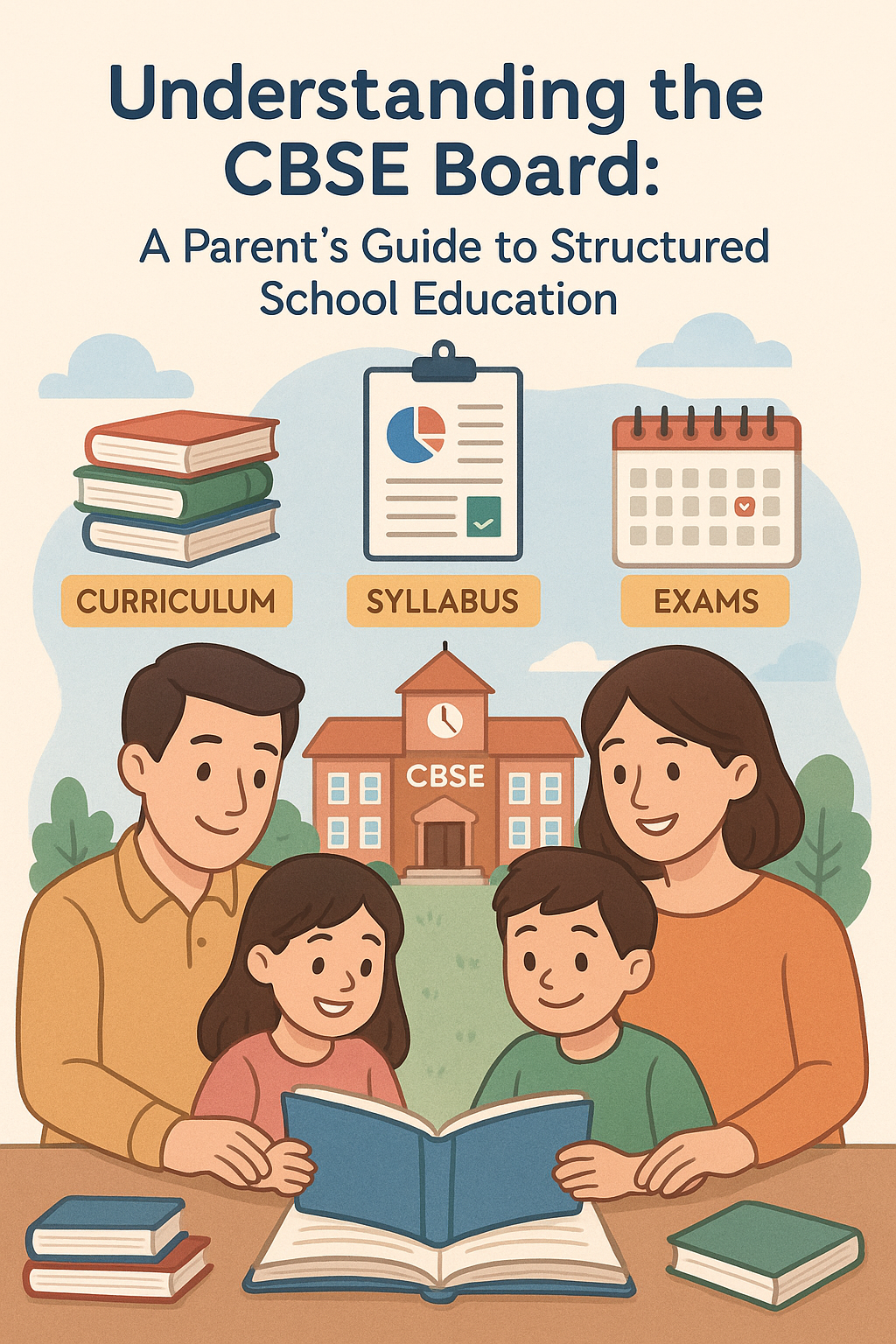
A complete parent’s guide to understanding the CBSE board, its curriculum, syllabus, advantages, exam structure, and...
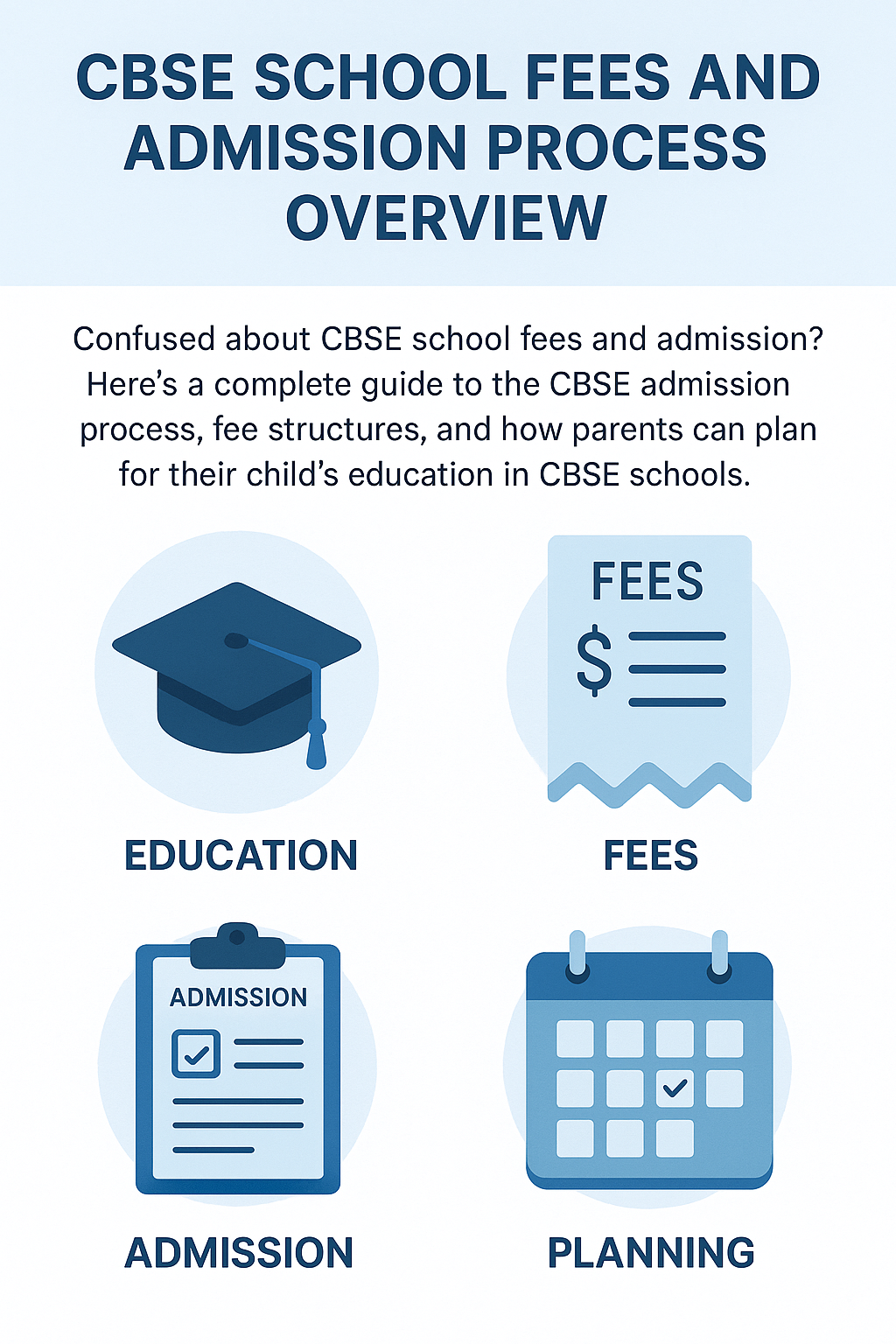
Confused about CBSE school fees and admission? Here’s a complete guide to the CBSE admission process, fee...
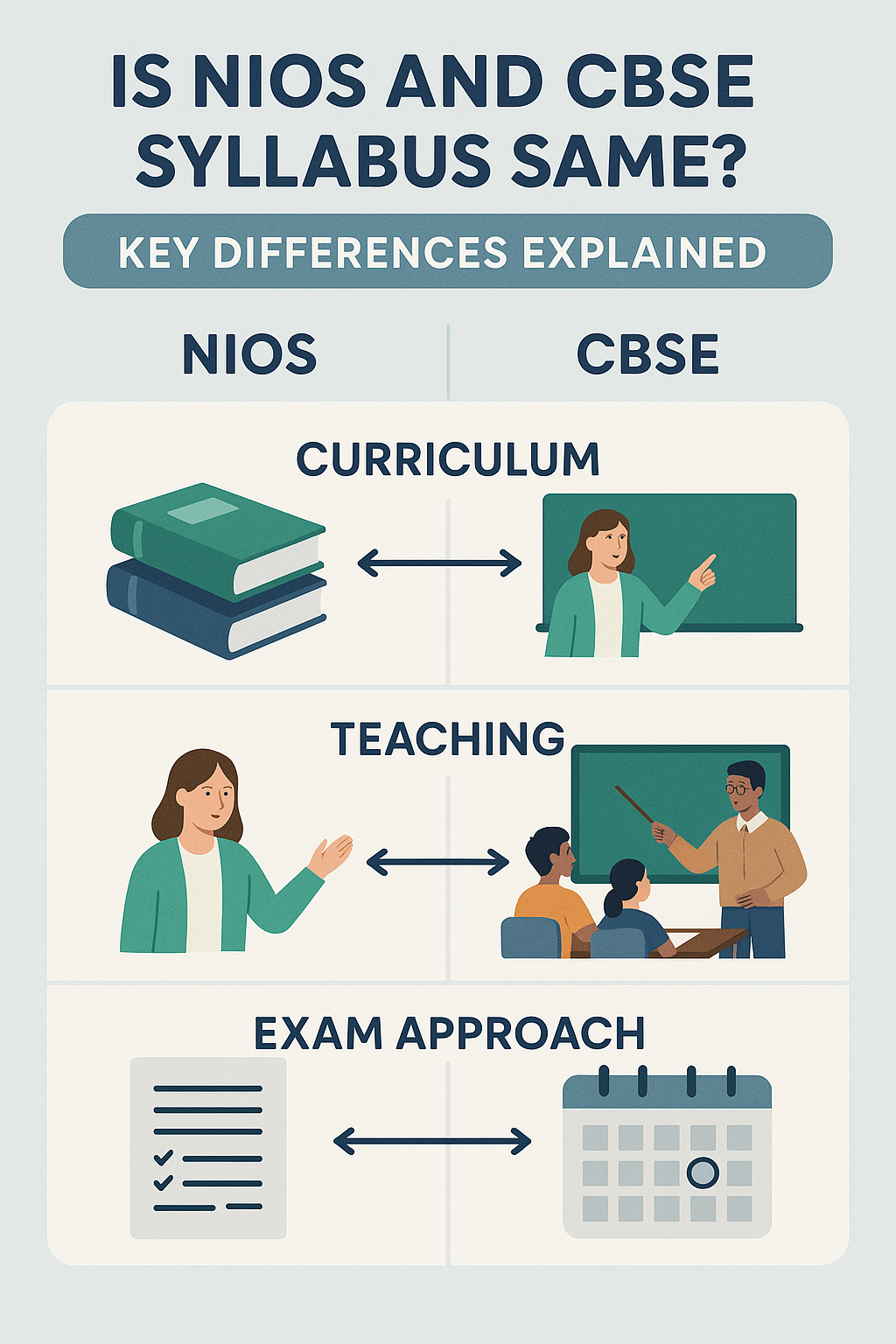
Is NIOS and CBSE syllabus same? Discover the key differences in curriculum, teaching, and exam approach. Learn how...
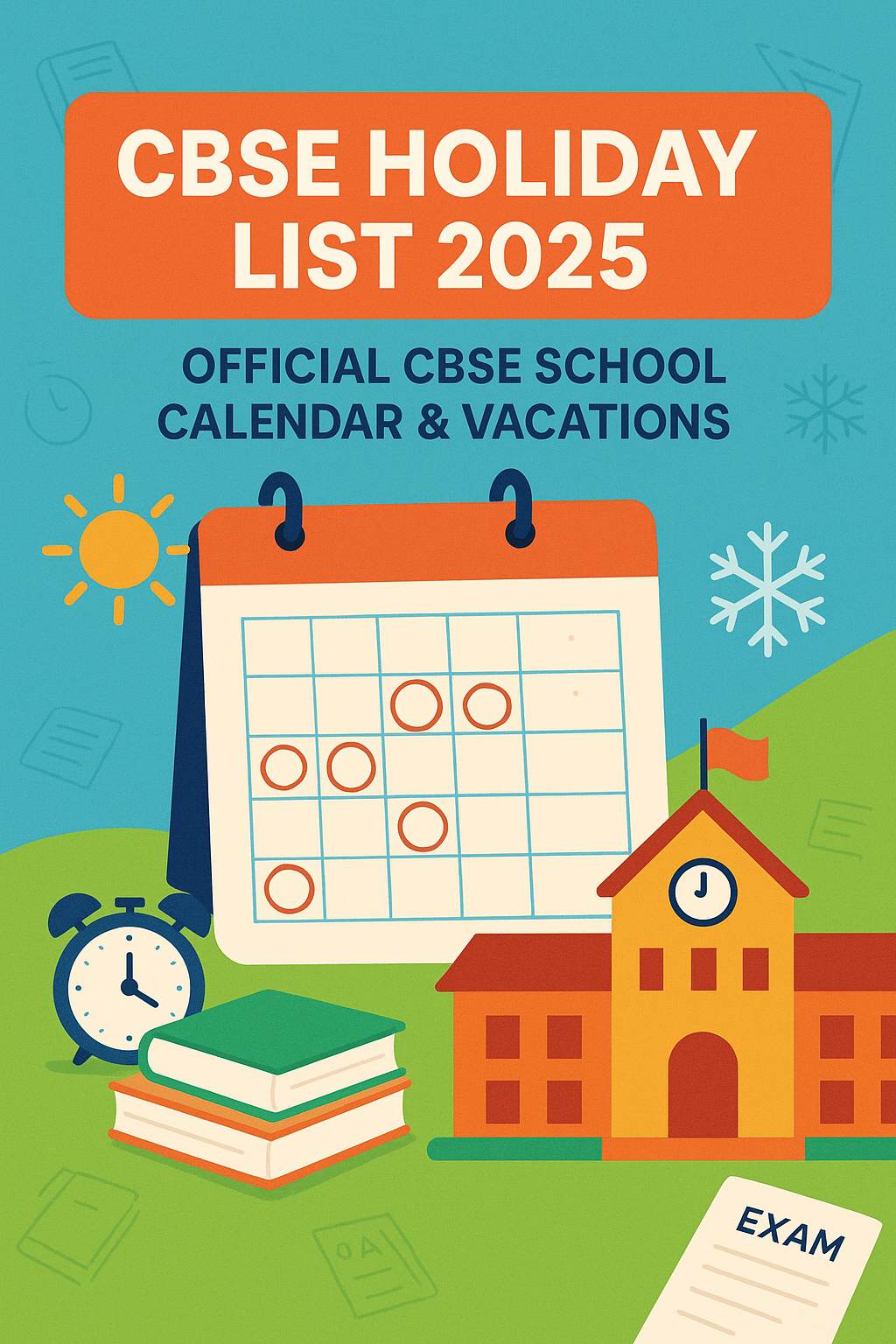
CBSE Holiday List 2025: Explore the official school calendar, national & regional holidays, summer & winter...
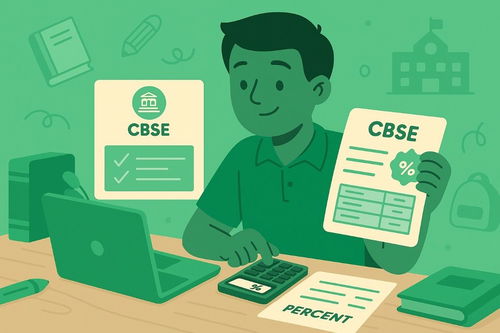
Learn how to calculate your CBSE 12th percentage from your marksheet using the official formula with a simple...
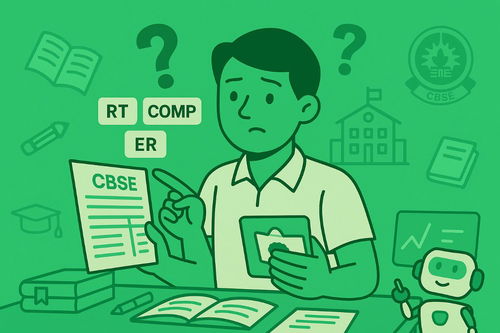
Confused about RT, COMP, and ER on your CBSE marksheet? Learn their meanings, reasons, and what steps you should...
Learn everything about the CTET exam for aspiring CBSE school teachers, including eligibility, syllabus, preparation...

Looking to apply for the CBSE Single Girl Child Scholarship Scheme? Learn eligibility, documents, application steps,...

Discover everything parents and students need to know about the CBSE Class 9 registration process, including...

Learn everything about the CBSE private candidate application process and rules. Understand eligibility,...

Confused about the CBSE answer key? This guide explains how to access it, interpret it, and use it to analyse your...

Confused about how CBSE re-evaluation or re-checking works? This guide explains eligibility, steps, fees, deadlines,...

Discover how to use the CBSE Academics website to access important resources like curriculum, sample papers, and...
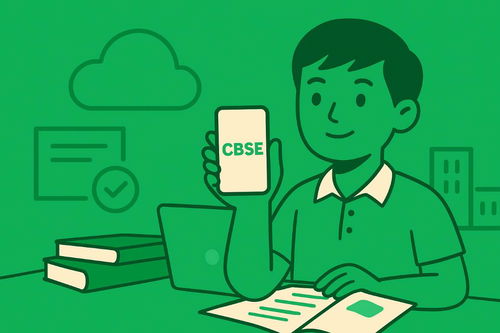
Learn how to easily access your CBSE marksheets and certificates using DigiLocker. This step-by-step guide helps...
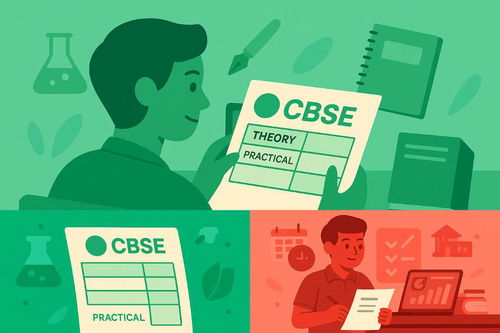
Confused about CBSE passing marks for theory and practical exams? This guide explains the minimum marks needed to...
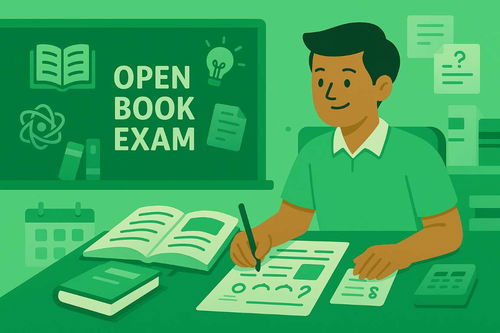
Learn how the CBSE Open Book Exam will be implemented for Class 9 and Class 11 students. Understand the benefits,...
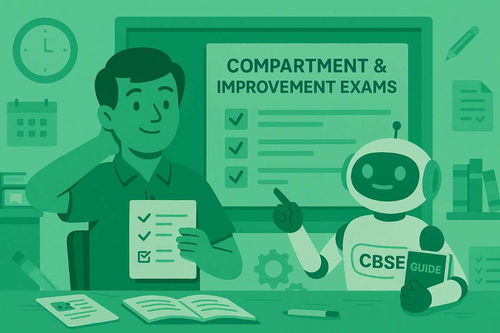
Confused about the CBSE compartment and improvement exam process? This complete guide explains eligibility, how to...
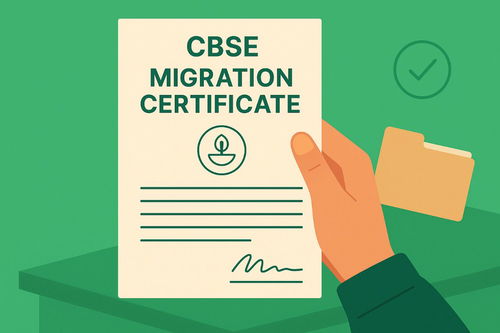
Learn how to obtain your CBSE Migration Certificate after Class 10 or Class 12. This detailed guide walks you...
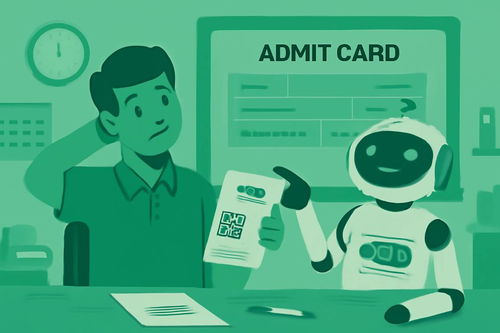
Confused about your CBSE Admit Card? This easy step-by-step guide explains how to download it, what details to...

Discover what CBSE competency-based questions are and learn how to answer them expertly to you ace your exams.

Boost your Class 10 CBSE board prep with sample papers. Learn how to revise smartly, manage time, and score higher...

Learn how to score high in the CBSE curriculum with a subject-by-subject guide, expert tips, and AllRounder.ai tools...

Compare CBSE vs ICSE to choose the best board for your child. Understand syllabus, teaching style, exam prep, fees, and more.

Understand the latest CBSE marking scheme and question paper pattern. Learn about competency-based questions,...

Want to score above 95% in your CBSE Class 10 boards? Our strategy guide breaks down topper study plans to revision...

Compare CBSE vs ICSE to find the best board for NEET and JEE preparation. Understand syllabus match, exam formats,...

Treat your CBSE Class 12 exams using an athlete's approach to help you train, strategize, and perform your best on exam day.

Get ready for your CBSE Class 10 board exams with our survival kit. Find the official syllabus, a smart study...

Learn how to verify CBSE marksheets, certificates, and results online. Step-by-step guide for students and parents...

Master CBSE with top-rated tools, study planners, and expert online help. Perfect guide for Class 9–12 students...

Learn about CBSE – its full form, history, objectives, and structure. Get insights into CBSE’s role in Indian education.
Resources
-
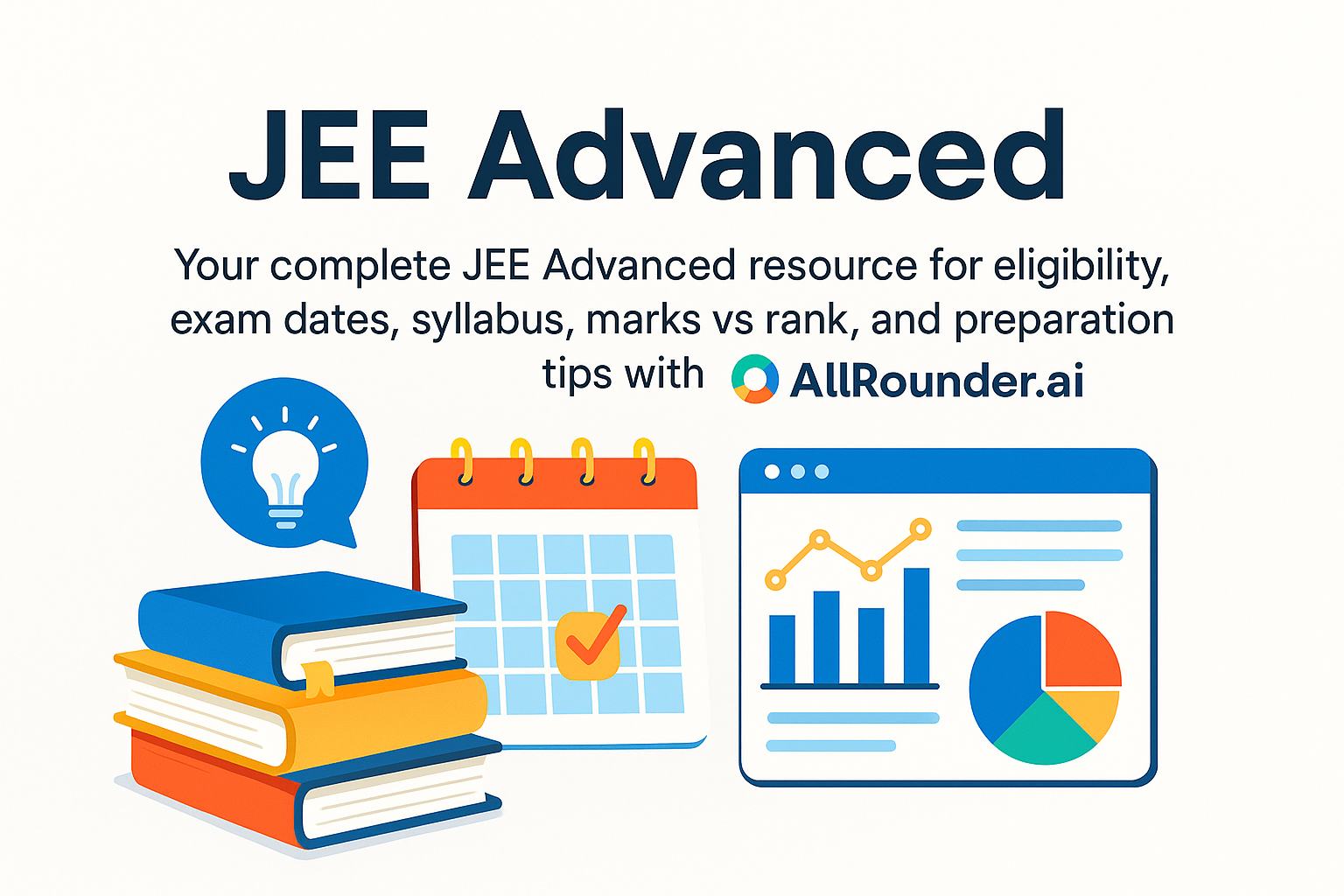
Your complete JEE Advanced resource for eligibility, exam dates, syllabus, marks vs rank, and...
-
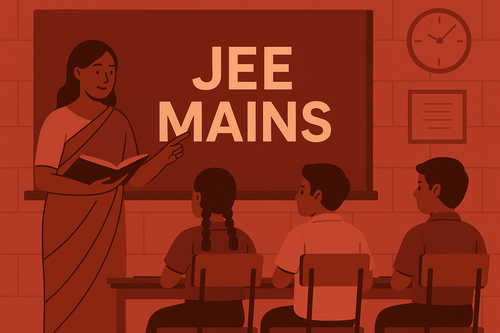
Understand the entire JEE Main process, from application and eligibility rules to the exam...
-

Explore the IB Board – a global curriculum emphasizing holistic, student-centered learning...
-

Learn about CBSE – India’s national school board offering a standardized curriculum, NCERT...
-

Explore everything about the ICSE board – its curriculum, subjects, exam format, and academic...

